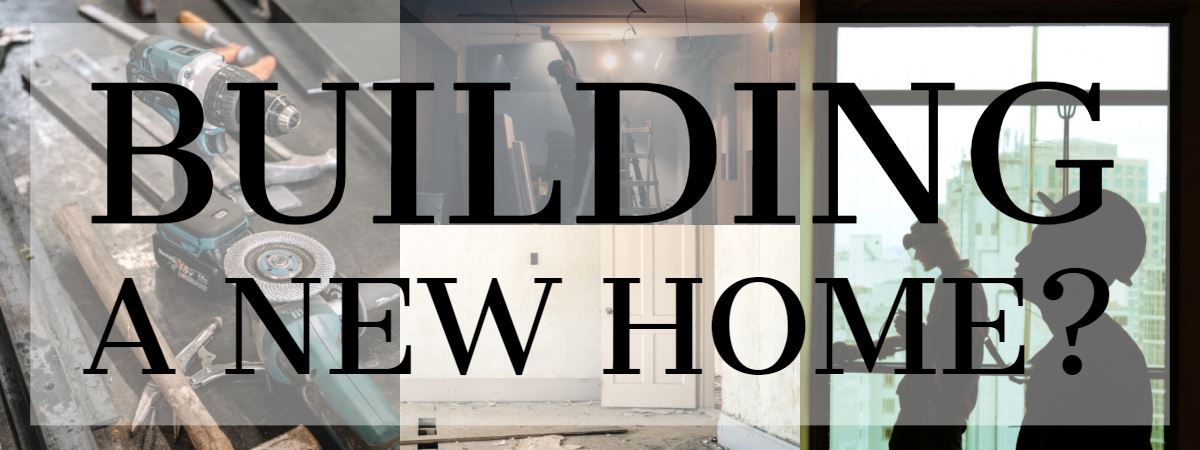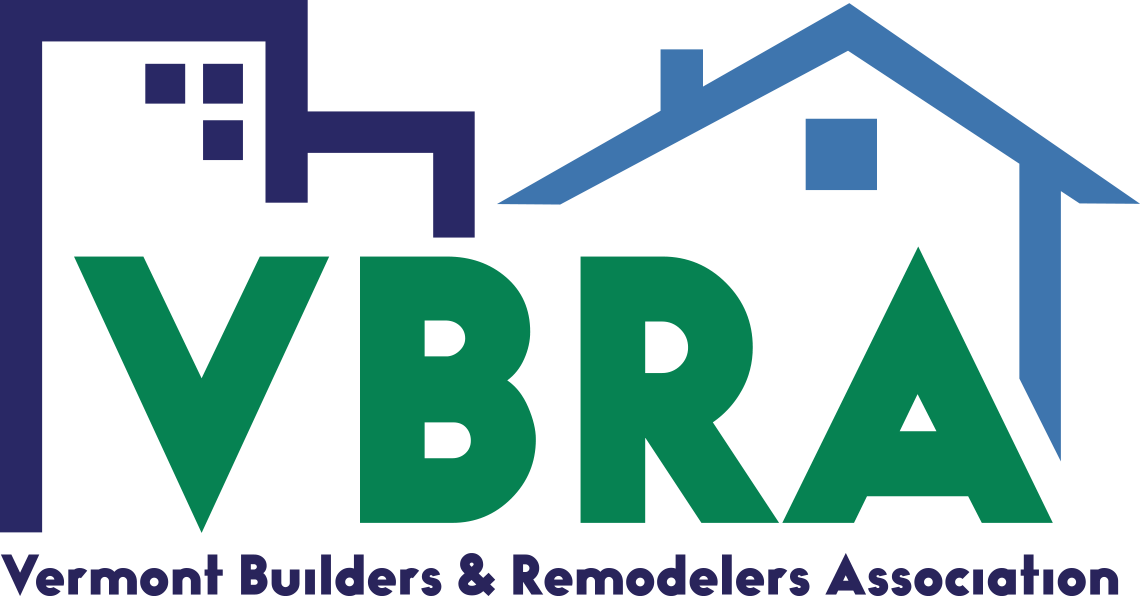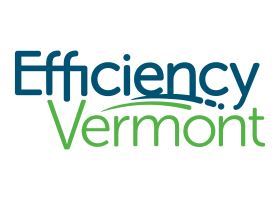- Home
- Consumers
- Consumers Resources
- Building a new home?
BUILDING A NEW HOME?

5 Questions to Ask Yourself Before Deciding to Build a House in Vermont
Written by Collin Frisbie - Sterling Homes
If you’re considering building a new home in Vermont, you’re about to take on an exciting endeavor. But before you make any decisions, be sure to ask yourself these five important questions that will help you determine whether building a home is right for you.
1. WHAT ARE MY EXPECTATIONS FOR THE HOME BUILDING PROCESS? Are you looking for a design-build project where you are responsible for every decision, or do you want to choose an existing floor plan and build a house with specifications that are largely predetermined for you? The type of building process you choose will impact not only the look and feel of your home, but your overall experience as well. If you enjoy the idea of a completely custom home where you’re involved in deciding each feature and finish, then a design-build project is ideal for you. If you would prefer to make a few custom selections but would like most of the other decisions made for you, then you’ll love working from a pre-designed, pre-defined house. Whichever option you choose, be sure your expectations for the process are aligned with the project style you’ve selected. 2. IS MY BUDGET REALISTIC? The feasibility of your budget depends on the type of house you want to build, and where you want to build it. Most people begin the home building process with an idea that they want to live in a certain location for a certain amount of money. Start the homebuilding process with a ballpark idea of how much you can—or want—to spend. This will not only help you create the list of needs, wants, and wishes for your home (more on that below!), but it will help your builder gain an understanding of how they’ll be able to allocate funds for your project. It’s always hard when people spend time coming up with a vision of their ideal home, only to realize that many of the features they want are outside their budget. Start with an idea of your spending limit so that you can align the rest of your expectations moving forward. 3. HOW WILL ENERGY EFFICIENCIES AFFECT THE LIFETIME COST OF MY HOUSE? Energy efficiency is an important consideration for most homeowners today, and green building practices are becoming more advanced each year. Not only are sustainable building practices good for the environment, your health, and your comfort, but they can save you money over the years that you live in your house. Sometimes, people forget to factor in the lifetime cost of their house. The cost of buying a home is clear, but it’s easier to forget about the cost owning a home. You need to look at the overall monthly cost of your home, not simply the mortgage payment. Energy is a major expense, so the less your home costs to operate each month, the more home you can afford on the front end. You will also have more money month over month to enjoy doing the things you love. Who wouldn’t want that? 4. WHAT IS IMPORTANT TO INCLUDE IN MY NEW HOUSE? It’s not possible to create the eternally “perfect home;” there will always be features you want to change or add as you live in the home and discover new possibilities. But you can create a home that you love, one that compliments your lifestyle and makes you happy. When you begin the process of designing your house, it can be hard to sort out all of your ideas. One way to make this easier is by asking yourself, how will this home be lived in? If you can answer this question, you can start to categorize your ideas into three buckets: Needs: These are the features that are absolutely essential to your new home, and often address the root of why you are making the decision to build. Common examples of needs include a certain amount of bedrooms or garage bays, kitchen size, entertainment space, etc. The list could go on and on, and each home is different. Wants: How do you want your home to feel and function? These are not deal-breakers, but are important features of your next home. These are the wants that will help us design a home that truly feels like yours. Examples include central AC or laundry room on the second floor. Wishes: Most often, wishes are features you want to consider and may incorporate eventually, but may not have the budget to complete right now. Ideas for wishes include a finished basement or a Jacuzzi tub in the master bath. The Wishes list helps you factor future projects into your plans. Wishes also give you a sense of how realistic that cool idea you’ve seen will be in your new home, and give you a better understanding of whether or not you’d like to include it. Creating a Needs, Wants, and Wishes list together will help you organize your thoughts about your new home and allow you—and your builder—to understand what is most important to you.
5. HOW DO I KNOW I HAVE THE RIGHT BUILDER? Building a house is not a short transaction. Your relationship with your builder will last at least two years. More likely, though, you will work together for as long as you own your home, whether you decide to build an addition or you simply have questions. When choosing a builder for your project, you should not only be looking at their credentials and experience, but on the gut feeling you have when meeting them. The right team for your project needs to be made up of people you trust. You’ll be working very closely, so feeling a mutual alignment and a connection is important. Ask yourself: Does the builder fully understand your needs, wants, and wishes? Does he make you feel reassured and excited to move forward? Take the time to ask yourself these five questions before deciding to build a house. Knowing the answers will give you an advantage when it comes time to plan your new Vermont home. Special thanks to Colin Frisbie of Sterling Homes for providing this article. To find more articles like this and to find out more about Sterling Homes visit their website at: Consumer Resources |
Please Support our Annual Association Sponsors! |
VBRA Annual Sponsors Silver Sponsors
Bronze Sponsors
Marketing Sponsor
|










